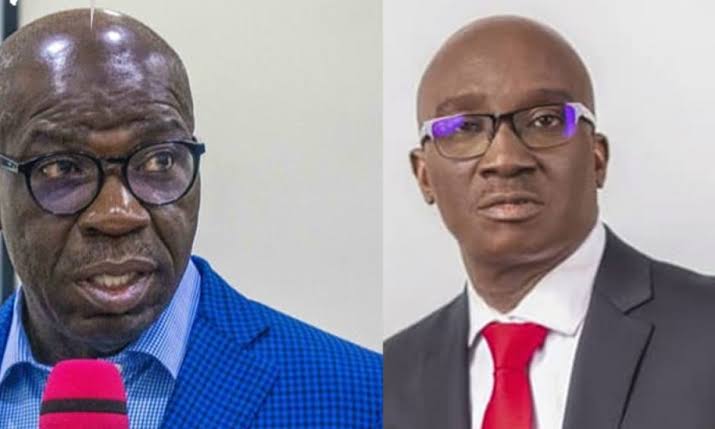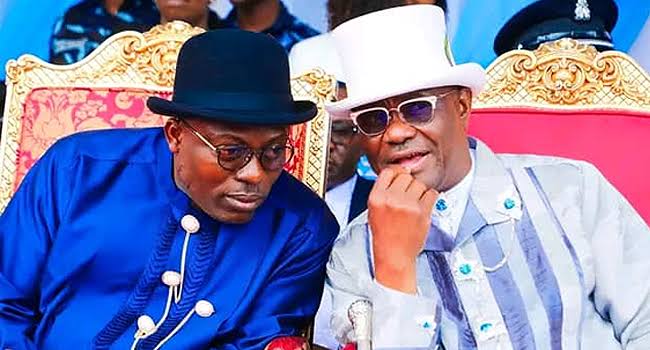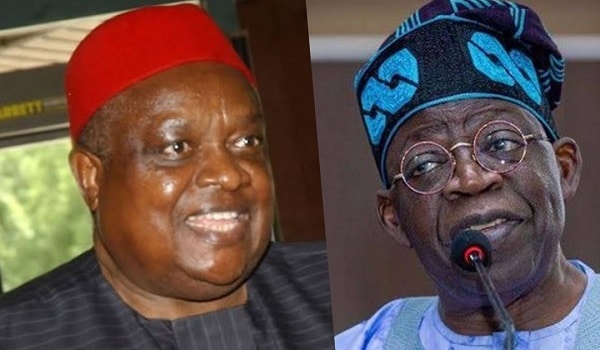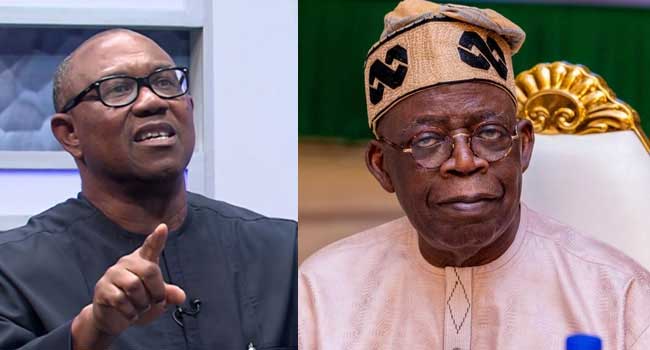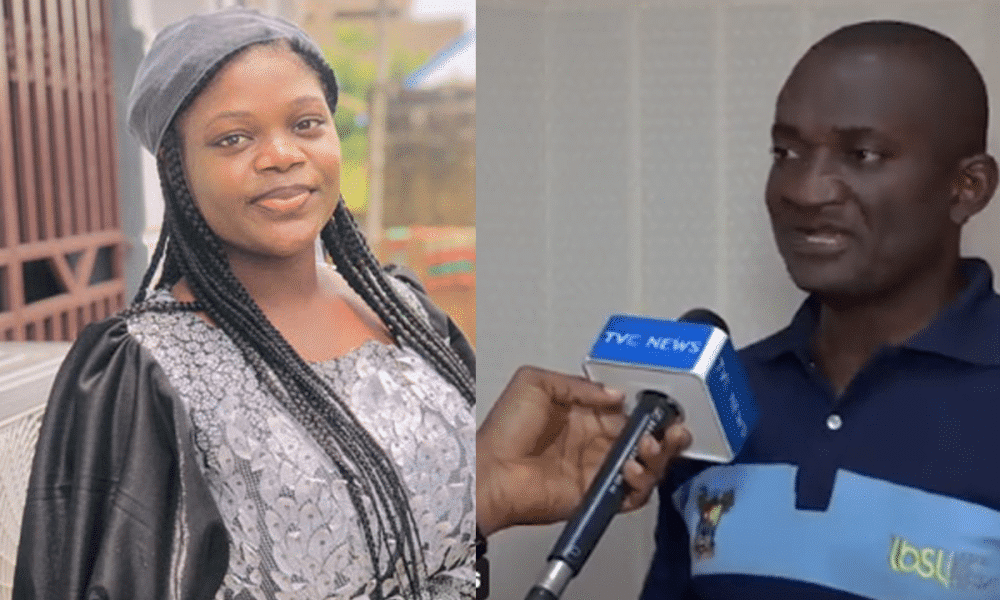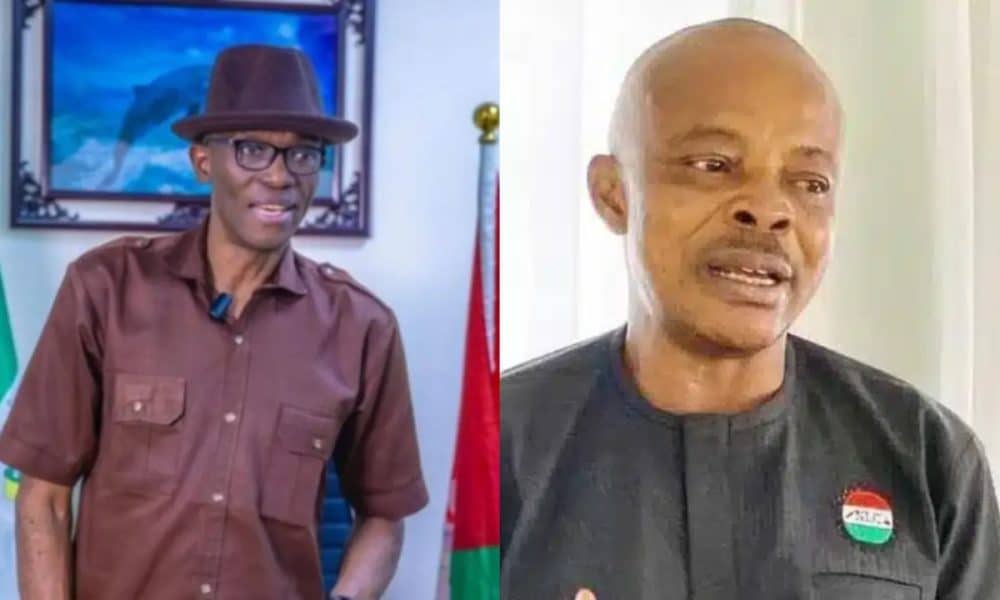Weather Report
13℃

Friday, October 18

![Femi Falana Writes NASS, Tells Lawmakers What To Do To EFCC, ICPC [Full Letter]](https://www.naijanews.com/wp-content/uploads/2020/12/Femi-Falana-SAN-7-1000x600.jpg)
For a person to rush to court to place a clog or shield against criminal investigation and prosecution is a clear interference with the powers given by law and the Constitution to EFCC in the conduct of criminal investigation and prosecution.” In view of the duty imposed on the State by section 15(5) of the Constitution to “abolish all corrupt practices and abuse of power”, the Supreme Court has held in the case of Shema Federal Republic of Nigeria (2018) 9 NWLR (PT.
The Commission has powers under section 13 (2) of the EFCC Act to prosecute offences so long as they are financial crimes.” Instead of ensuring that the EFCC, ICPC and Code of Conduct Bureau serve as “common agencies” of the people of Nigeria in combating the misma of monumental corruption in the country, some state governments have a penchant for terminating grave economies and financial crimes by filing vnolle prosequi applications.
In the leading judgment of the Court delivered by Uwais CJN (as he then was) it was held that the National Assembly “has the sole power for the establishment and regulation of authorities for the federation or any part thereof so as to promote and enforce the observance of the nation’s responsibility to abolish all corrupt practices and abuse of power [which fall under the Fundamental Objectives and Directive Principles of State Policy in section 15(5)” of the 1999 CFRN.
Again the provisions of Section 14 subsection (4) specifically apply to the ‘government of a State’, a local government council or any agencies of such government or council, and the conduct of the affairs of the government or council or such agencies.” See Olafisoye v.
FRN (2004) 4 NWLR (Pt.
For instance, in the case of Nyame vs Federal Republic of Nigeria (2010) 3 SC (Pt.1) 78, the Supreme Court held inter alia:“Sections 6 (m) and 46 of the Economic and Financial Crimes Commission (Establishment) Act vest in EFCC the function and duty of investigating and prosecuting persons reasonably suspected to have committed economic and financial crimes.
1624) 337 @ 398 that “In the co-operative federalism practiced in Nigeria, the EFCC is a common agency empowered to investigate and prosecute offenders for both the Federal and state economic and financial crimes and as such it qualifies as ‘any other authority or person’ empowered by section 211 (1) (b) of the Constitution to institute or initiate criminal proce edings.
Convinced that the Economic and Financial Crimes Commission (EFCC) is “an unlawful organisation” because it was “unconstitutionally established”, Agbakoba stated he was delighted to note that many states had finally taken it upon themselves to challenge the constitutionality of the EFCC.
Our attention has been drawn to the separate letters addressed to the Senate and House of Representatives, dated October 14, 2024, entitled: “Re: Urgent Legislative Attention on Constitutional Reforms Relating to Law Enforcement Agencies and Anti-corruption Efforts”, Dr.
Olisa Agbakoba contended that the power under which EFCC was established was beyond the powers of the National Assembly.
The plaintiff then sought “declarations, including a perpetual injunction, toggf prevent the EFCC from taking any such actions, including the freezing of its bank accounts.” The defendant (AGF) filed a preliminary objection to the effect that it had been incorrectly sued, because the EFCC was an independent body outside its lawful management and control.
Even though we cannot comment on the merit of the case of Attorney-General of Abia State & 15 Ors v Attorney-General of the Federation pending at the Supreme Court of Nigeria, it is pertinent to refer the members of the National Assembly to the case of Attorney-General of Abia State v Attorney-General of Federation (2024) LPELR -62576 (SC).
It is pertinent to recall that in the celebrated case of the Attorney-General of Ondo State v Attorney-General pof the Federation & Ors (2022) 27 WRN 1, the Plaintiff (Ondo State Government) had challenged the constitutional validity of the establishment of the Independent Corrupt Practices and Other Offences Commission Act, 2000.
In upholding the preliminary objection of the Defendants, the Supreme Court held that the facts of the case did not disclose any dispute between the plaintiff and the defendants within the meaning of section 232(1) of the Constitution and that there was no complaint against the first defendant (AGF) as representing the Federal Government as all the complaints were against the EFCC..
Read Full Story



